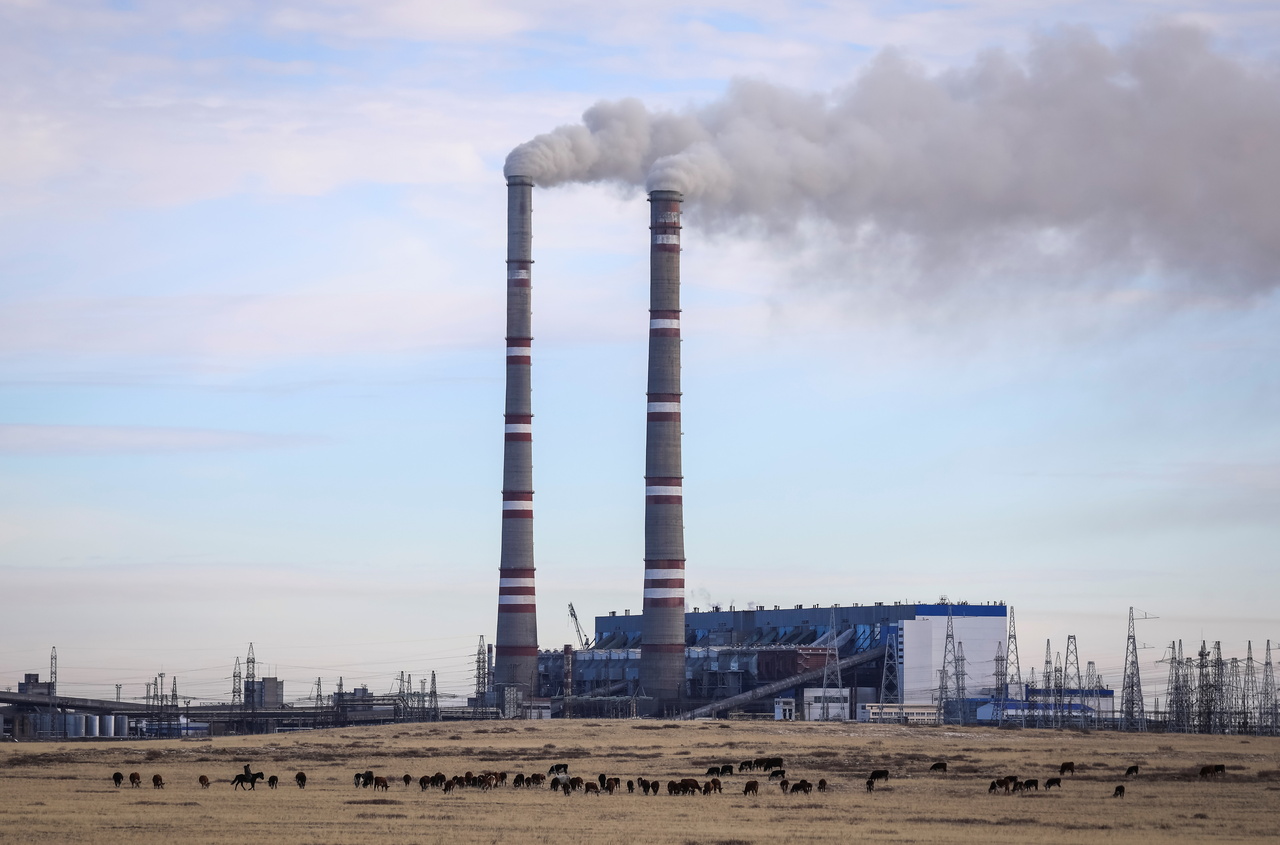Latest COP26 decision draft keeps up pressure on emissions cuts and phase-out of coal, fossil fuels
Sign up now: Get ST's newsletters delivered to your inbox

The COP26 talks are now deep into overtime.
PHOTO: REUTERS
GLASGOW - New draft decision text for the COP26 climate talks released on Saturday (Nov 13) retains a call for nations to push for deeper emissions cuts and phase out coal and inefficient fossil fuel subsidies.
It also urges developed countries to at least double finance for adaptation steps for developing nations from 2019 levels by 2025 to help them shift to green energy and transport and cope with escalating climate impacts.
The COP26 talks are now deep into overtime and the latest text - the third version since Wednesday - is being scrutinised by delegates and will be discussed during a plenary session on Saturday night Singapore time. It is unclear when the talks will wrap up after missing a Friday evening deadline.
Developing nations want any final text to reflect the urgent need for deeper emissions cuts to limit global warming to 1.5 deg C above pre-industrial levels instead of the 2.4 deg C path the world is on now.
Keeping the 1.5 deg C target alive is a fundamental goal of COP26. The United Nations says breaching this level increases the risks for all nations, especially poorer countries. Higher temperatures will trigger longer droughts, deadlier storms and rising sea levels, as well as higher costs to recover and adapt from weather disasters.
On fossil fuels, the key paragraph has ballooned but retains what many at the conference consider a crucial and specific call to shift away from fossil fuels, the single largest source of planet-warming greenhouse gas emissions.
The text calls on all nations to speed up the deployment of technologies to shift the world to "low-emission energy systems" such as rapidly scaling up clean power generation and energy efficiency measures, and "accelerating efforts towards the phase-out of unabated coal power and inefficient fossil fuel subsidies, recognising the need for support towards a just transition".
Unabated coal means industrial plants, such as coal-fired power stations, that do not capture the carbon dioxide (CO2) they produce.
The text keeps up the pressure on nations to boost the ambition of their national climate plans, calling on those that have not submitted new or updated plans to do so by next year.
It calls on nations to "revisit and strengthen" the 2030 targets in their nationally determined contributions (NDCs) to align them with the 1.5 deg C temperature goal by the end of 2022.
It also requests the UN to annually assess all NDCs for ambition.
On the crucial issue of climate finance to developing nations, the text maintains an emphasis on rich nations meeting a pledge to provide US$100 billion (S$135 billion) in annual climate finance and notes with deep regret that the 2020 goal to meet this pledge has not been met.

<p>A woman walks past a wall reading "All in for 1.5C" during the COP26 Climate Change Conference in Glasgow on November 11, 2021. - More than 200 scientists told the COP26 summit to take immediate action to halt global warming, warning in an open letter that some climate change impacts were "irreversible" for generations. (Photo by Ben STANSALL / AFP)</p>
PHOTO: AFP
It also emphasises the need to mobilise climate finance from all sources to reach beyond US$100 billion per year.
Developing nations also want a separate stream of funding to compensate them for irreparable loss and damage from weather disasters, but rich nations have long resisted any formal funding mechanism, fearing compensation and liability claims that would link their CO2 emissions to fuelling wilder weather and sea level rise.
The new text, for the first time, establishes a dialogue between parties and others to discuss funding to address loss and damage, with the aim of concluding this by 2024.
"This is an important step forward but we need to ensure this isn't just a talk shop," said Ms Helen Mountford, vice-president of climate and economics at Washington-based think-tank World Resources Institute.
She said it is vital the final text allows the world to quickly close the gaps on ambition to cut emissions and adaptation and finance.
"We knew there are big gaps. There are still big gaps," she told a briefing.
"There's only so much that could be done here to actually fully close those gaps," she added, saying it was crucial to leave Glasgow with a plan to spend the next 12 months tackling the remaining issues to ensure that the world limits warming to 1.5 deg C and gets a fair deal for developing nations.


